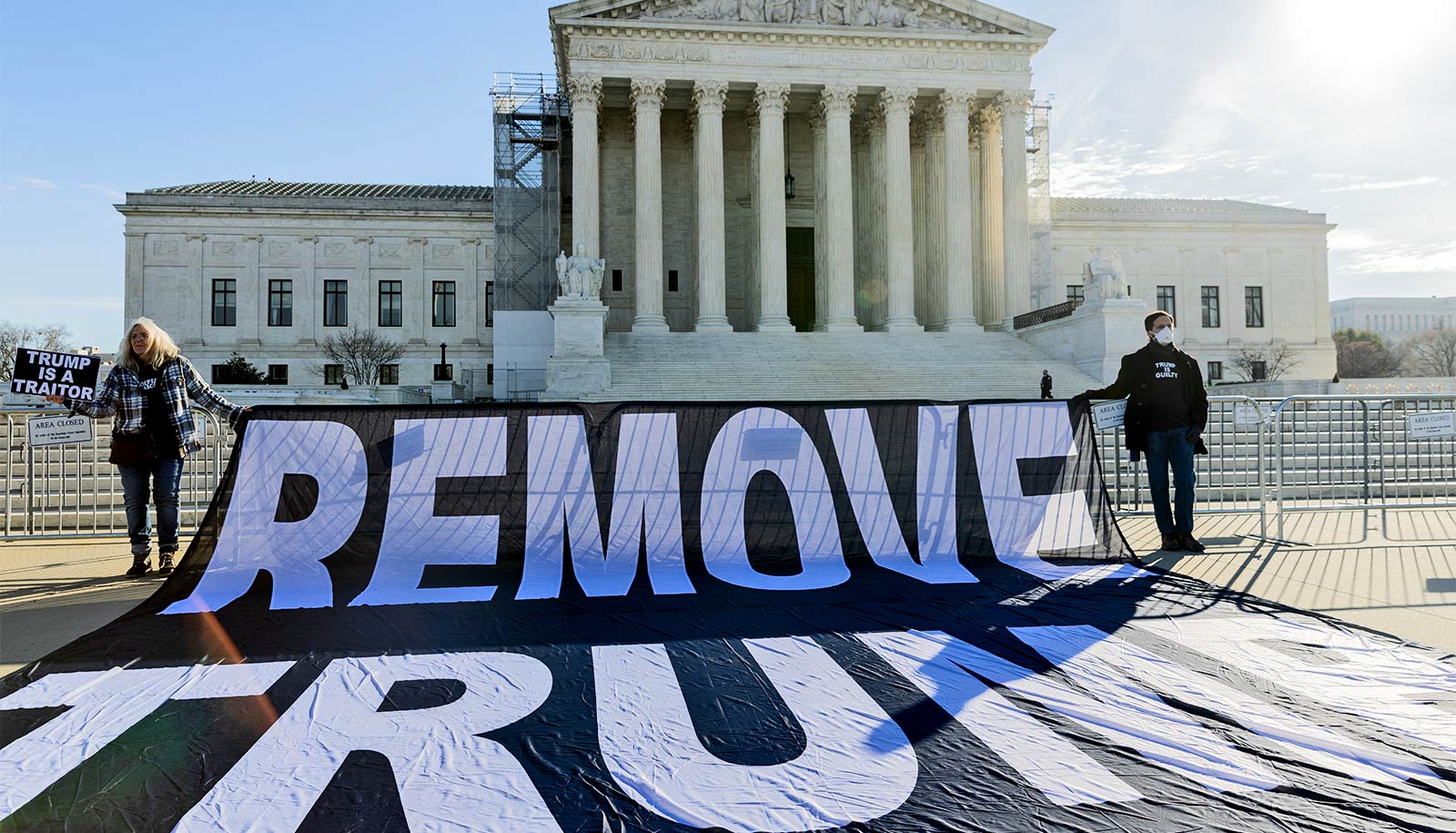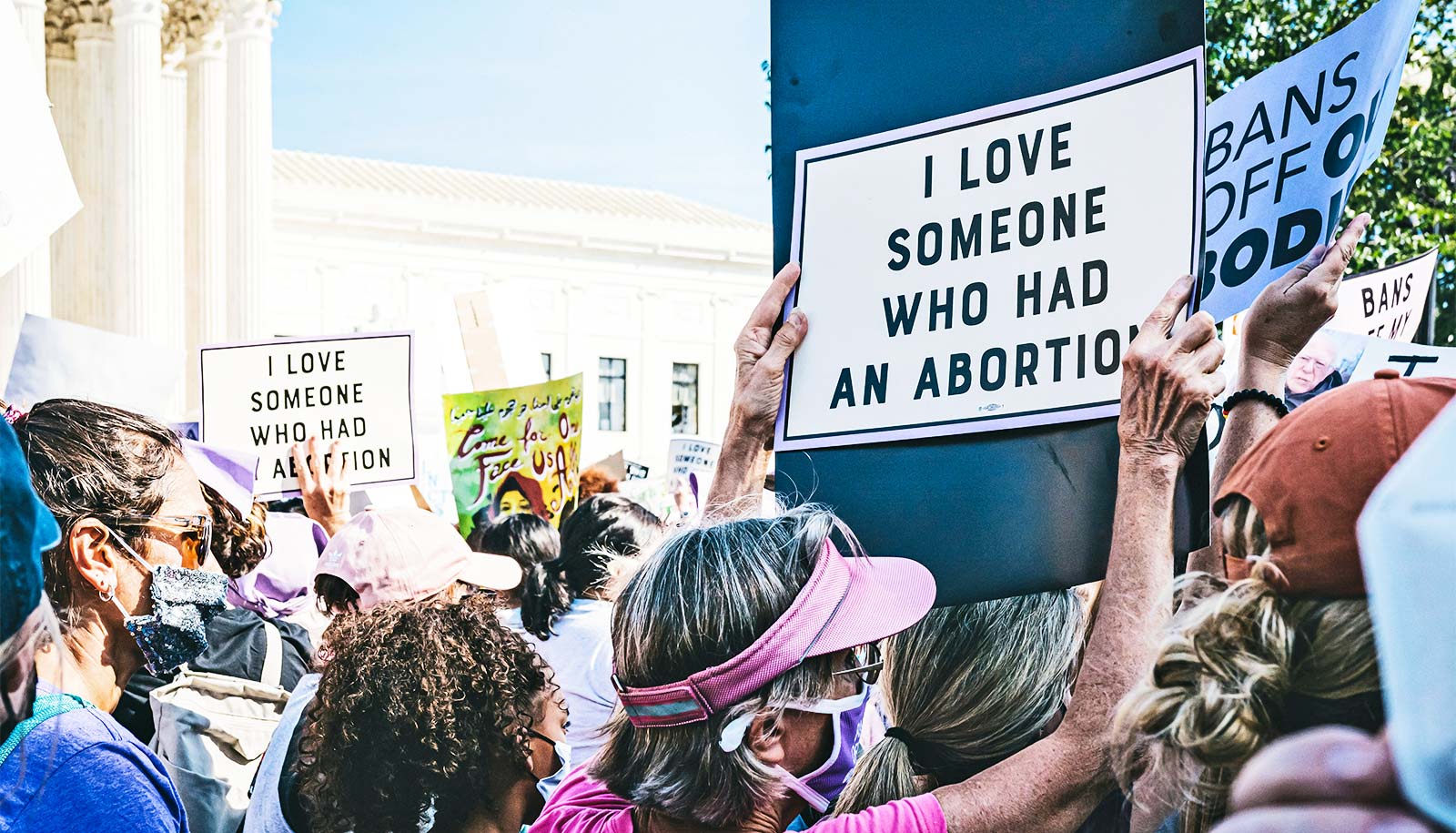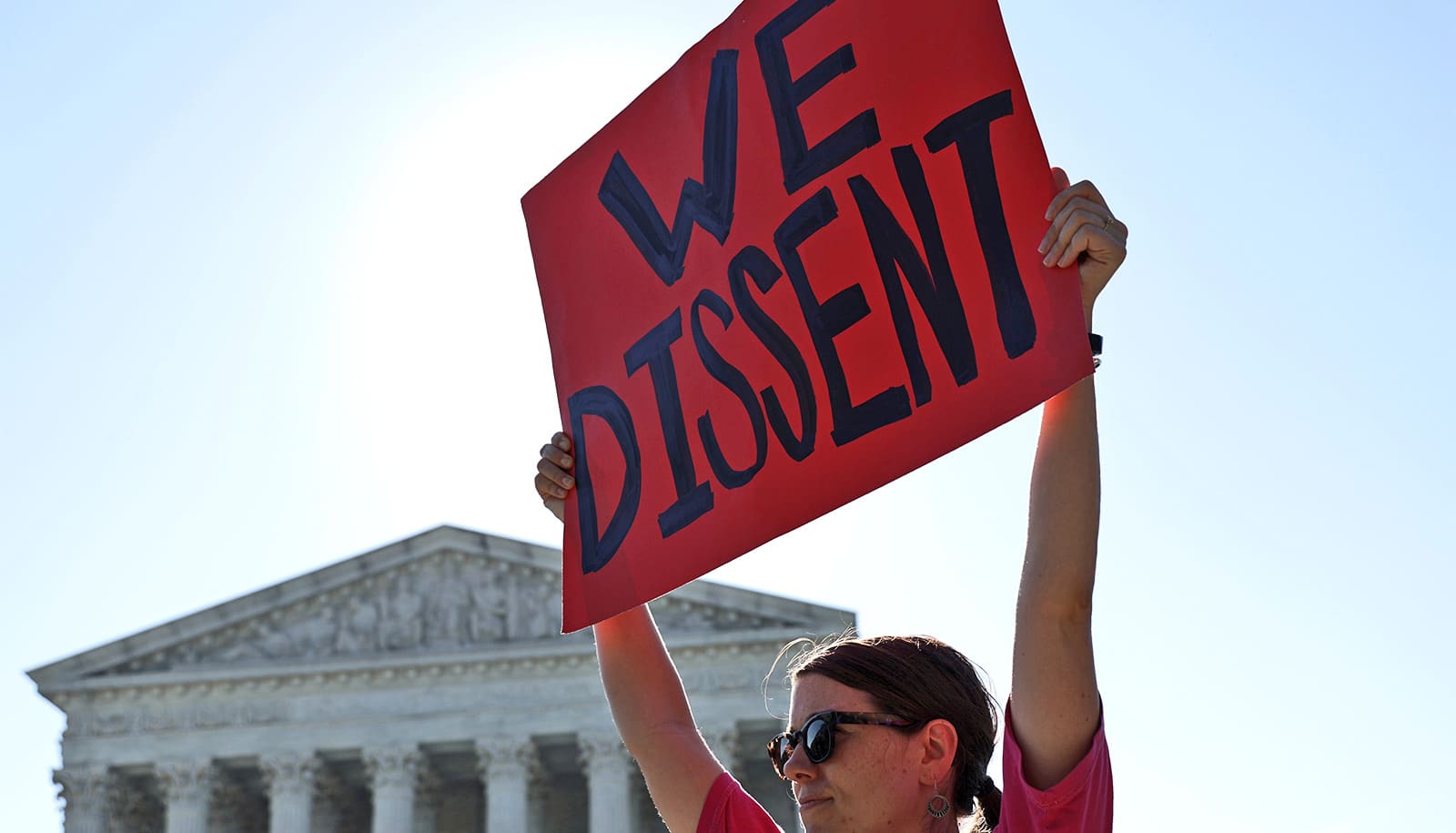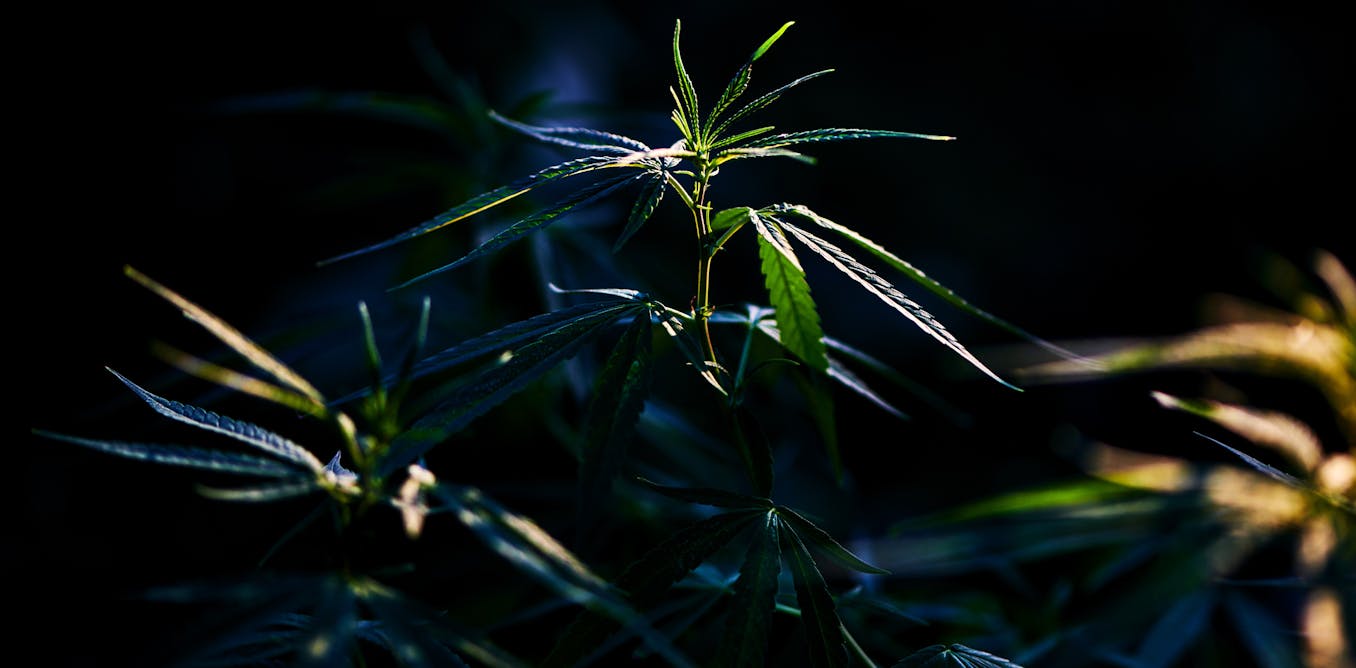Gold, silver and lithium mining on federal land doesn’t bring in any royalties to the US Treasury – because of an 1872 law
Hard rock minerals like gold, silver, copper and lithium on public lands belong to the American public, but under a 150-year-old law, the US gives them away for free.
Feb. 15, 2024 • ~11 min









